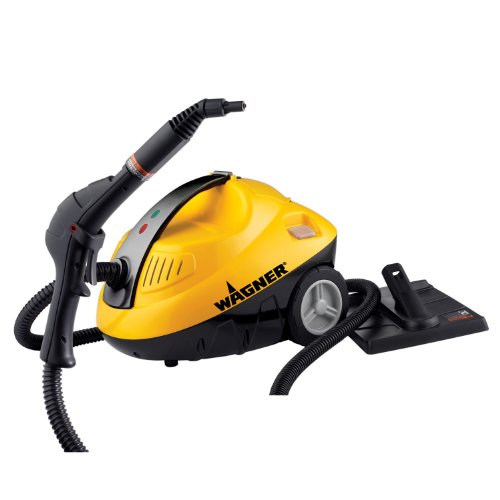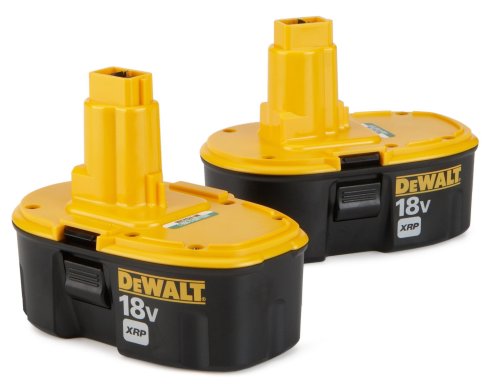You've learned you need a CPR certification. However, you aren't sure which one you need. And you don't know if a certification from the American Heart Association, American Red Cross or another organization is the right choice. If you are frustrated, that is understandable -- choosing the right CPR certification class can be very confusing! Here are the four questions to ask yourself to ensure that you sign up for the right CPR certification class:
Which CPR certification do I need: standard or healthcare provider?
Do I need an AED certification as well?
Does my CPR certification need to focus on infants and children?
Should I choose the American Heart Association or American Red Cross?
Which CPR Certification Do I Need?
Most people need a standard CPR certification, often called CPR for the layperson. Professions that usually fall into this category are:
Teacher
Coach
Camp counselor
School bus driver
Personal trainer
Daycare worker
Babysitter
Nursing home employee
Construction worker
Healthcare providers are required to take a more advanced CPR class. Professions that usually need a healthcare provider CPR certification are:
Nurse
Nursing assistant
Medical assistant
Respiratory therapist
Dentist
Dental assistant
Paramedic
EMT
Police officer
Firefighter
Physical therapist
Occupational therapist
Do I Need An AED Certification As Well?
Check to see if you also need to be certified to use an AED. AED stands for Automated External Defibrillator - a mobile defibrillator designed for the public to use. Most CPR classes include material on how to use an AED, but not all of them.
Do I Need An Infant And Child CPR Certification?
Some people need their CPR certification to focus on infants and children, such as foster parents or daycare workers. The American Red Cross can be very helpful for addressing this because they break their CPR classes into infant, child and adult components.
Should I Choose The American Heart Association Or American Red Cross?
There are many organizations that will certify you in CPR, but usually the two preferred organizations are the American Heart Association (AHA) and the American Red Cross (ARC). Some employers or regulatory organizations will also accept a certification from the American Safety & Health Institute (ASHI). If you are required to get a CPR certification, ask whomever requires it if they prefer a certification from the AHA or ARC. Some accept one, but not the other.
If you have searched for a CPR class on the Internet, you've probably seen ads for on-line based CPR classes costing .95. Stay away from these! Most employers are not going to accept an on-line only course. And they shouldn't. You need to practice the skills used to save a life, rather than only reading about the skills.
American Heart Association
This is the current list of CPR classes for the American Heart Association:
Heartsaver AED - Includes adult, child and infant CPR and AED.
Basic Life Support for Healthcare Providers - The CPR course for healthcare professionals. Because the class has a long name, you will see variations in how it's listed, such as "BLS" or "CPR for Healthcare Providers."
American Red Cross
American Red Cross breaks their CPR classes into components of infant, child, adult, and AED, which can be helpful and confusing. For example, they frequently offer infant and child CPR as a single class. Adult CPR is often taught as its own class. Classes with infant, child and adult CPR taught together are also offered.
The ARC healthcare provider course is called, "CPR For The Professional Rescuer." Some healthcare employers do not accept this course to satisfy their requirements. Of course, check with your employer first.
Before you sign up for an ARC CPR class be sure you know exactly what components the class is covering.
Signing Up For A Class
The AHA and ARC have upcoming classes listed on their websites. If you can't find a class at the time and location you want, try a privately owned training company that can certify you with the AHA and ARC. Another option is to hire a private company to teach an on-site AHA or ARC CPR class. These classes offer flexibility in scheduling and can often be less expensive for large groups.

















